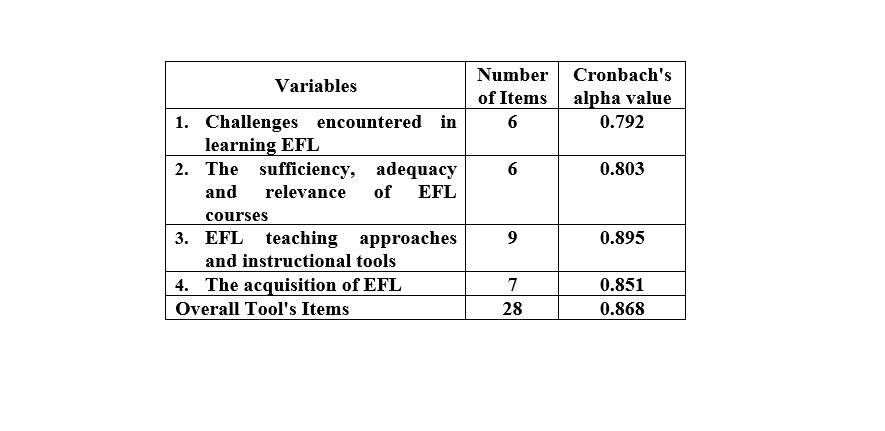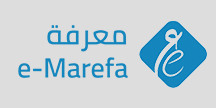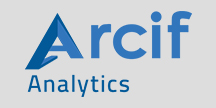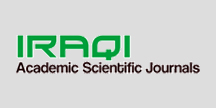Language Teaching Methods and their Impact on Language Acquisition according to EFL Teachers at Kurdistan Universities
DOI:
https://doi.org/10.21271/zjhs.27.6.20Keywords:
Teaching Strategies, English as a Foreign Language, Language Acquisition, UniversitiesAbstract
The aim of this study is to investigate the effect of language teaching methods on the acquisition of English as a foreign language in Kurdish universities. A questionnaire was distributed online to a sample of (300) faculty members in English language departments at Kurdistan universities to achieve the study's objectives. The collected responses were analyzed using SPSS 23, and the results revealed that EFL students in Kurdistan face a variety of challenges when learning English, including student-related challenges. The findings also emphasized the importance of using diverse and modern methods in teaching English as a foreign language. Finally, the study concluded that language teaching methods have a statistically significant positive impact on EFL acquisition at a significant level of (0.05). The study suggested that EFL teachers diversify their teaching methods to accommodate different learning styles and learning strategies.
References
-Alatwi, Kh. (2017). The difficulties that middle school students face in acquiring listeningskills from the point of view of English language teachers in Tabuk city. The Scientific Journal of the Faculty of Education-Assiut University, 33(10), 233-272.
-Albesher, Kh. (2018). EFL Adult Learners’ Spelling Errors: Reasons and Remedial Strategies to Raise Their Writing Proficiency Level. International Journal of Applied Linguistics & English Literature, 7(7), 131- 141.
-Alfarhan, I. (2018). Teachers' Perceptions of Teaching EFL in K-12 School Settings. Doctorate Dissertation, Saint Louis University, United States.
-Alhaysony, M. (2017). Language Learning Strategies Use by EFL Students: The Effect of Duration of English Language Study and Gender. Theory and Practice in Language Studies, 7(1), 18-28.
-Al-Khaza'leh, B. (2019). Exploring Language Learning Strategies of EFL learners at Shaqra University. Advances in Language and Literary Studies, 10(4), 63-71.
-Alqahtani, A. (2020). EFI teachers' beliefs towards teaching English grammar at a preparatory program at a university. Doctorate Dissertation, New Mexico State University, New Mexico.
-Alrabai, F. (2016). Factors Underlying Low Achievement of EFL Learners. International Journal of English Linguistics, 6(3), 21-37.
-Al-Seghayer, Kh. (2014). The Four Most Common Constraints Affecting English Teaching. International Journal of English Linguistics, 4(5), 17-26.
-Al-Seghayer, Kh. (2021). Characteristics of EFL Learners’ Learning Styles. English Language Teaching, 14(7), 82-94.
-Apuke, O. D. (2017). Quantitative research methods: A synopsis approach. Arabian Journal of Business and Management Review (Kuwait Chapter), 6(10), 40-47.
-Ashraf, T. (2018). Teaching English as a Foreign Language: Struggles and Strategies. International Journal of English Language Education, 6(1), 133-154.
-Ashreef, S. (2018). A study into the teaching and learning of English-speaking skills at Al Jabal Al Gharbi University from the teachers’ and students’ perspectives. Doctorate University, Liverpool John Moores University, England.
-Bakhsh, J. (2020). Second Language Learners Undergoing Culture Shock: Perceptions of English Language Teaching Method. Doctorate Dissertation, Kent State University, United States.
-Bolarinwa, O. A. (2015). Principles and methods of validity and reliability testing of questionnaires used in social and health science research. Nigerian Postgraduate Medical Journal, 22(4), 195.
-Guapacha Chamorro, M. E., & Benavidez Paz, L. H. (2017). Improving language learning strategies and performance of pre-service language teachers through a CALLA-TBLT model. Profile Issues in TeachersProfessional Development, 19(2), 101-120.
-Rawbone, R. (2015). Doing a Successful Research Project—Using Qualitative or Quantitative Methods. Occupational Medicine, 65(2), 169-170.
-Sadiq, J. (2017). Anxiety in English Language Learning: A Case Study of English Language Learners. English Language Teaching, 10(7),1-7.
-Savela, T. (2018). The advantages and disadvantages of quantitative methods in schools cape research. Linguistics and Education, 44, 31-44.
-Suwanarak, K. (2019). Use of Learning Strategies and their Effects on English Language Learning of Thai Adult Learners. 3L, Language, Linguistics, Literature, 25(4).

Downloads
Published
How to Cite
Issue
Section
License
Copyright (c) 2023 Arev Merza Astifo

This work is licensed under a Creative Commons Attribution-NonCommercial-ShareAlike 4.0 International License.
Except where otherwise noted, content on this site is licenced
under a Creative Commons Attribution License 4.0 (CC BY- 4.0)









